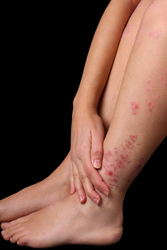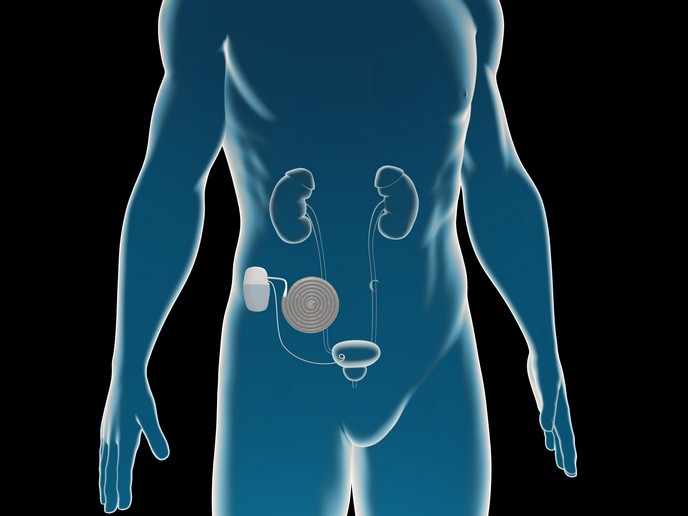Nanotechnology and sea salts to heal the skin
Skin diseases are adversely affecting Europeans more than ever before, not least because of prolonged life expectancy and increased exposure to UV radiation from sunlight. A new, more personalised concept in healthcare and drug administration is now possible thanks to technological advances and biomedicine. The EU-funded project 'Novel approaches for the development of customised skin treatments and services' (SkinTreat) is developing biotechnology and nanochemical drugs tailor-made to match patients' needs, and delivering these drugs more efficiently. It is focusing on combining conventional drugs and Dead Sea salts with new technologies and disciplines. The project team is designing a new generation of personalised pharmaceutical products matching customers with their ideal treatments. The development of personalised skin therapy protocols requires accurate diagnosis of skin conditions plus an extensive analysis of biological markers. Non-invasive methods and minimally invasive skin sampling have identified a range of biological profiles corresponding to skin diseases and subclinical skin conditions. Statistical data processing has enabled researchers to observe biomarker patterns specifically associated with various clinical conditions. A bio-informatics data-mining approach combined with biomarker analysis software is also supporting a refined, personalised diagnosis method. In addition, computer data analysis is used to create a decision support system to help dermatologists and pharmacists prescribe personalised treatments. The SkinTreat approach is being evaluated for selected skin disorders such as psoriasis, contact dermatitis, and UV skin photo-ageing, and a feasibility study is being conducted. Retinyl palmitate, a preformed version of vitamin A, is being studied as a conventional dermal drug, to be combined with more unconventional substances like Dead Sea minerals. All drug delivery systems will contain Dead Sea minerals. The team studied several capsule and nano-emulsion for application and delivery, narrowing them down to seven water-based and five oil-based systems. Both nano-emulsions and nano-dispersions containing Dead Sea minerals and retinyl palmitate were successfully prepared and deemed safe after testing.







